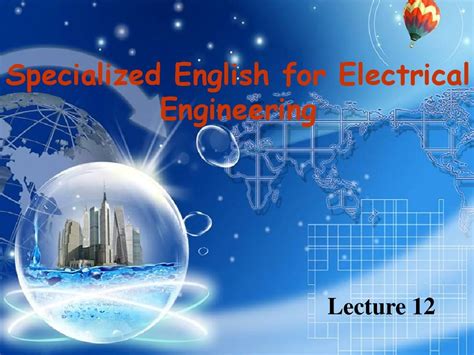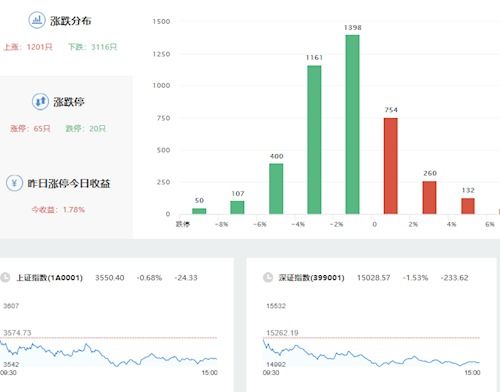Electrical technology plays a crucial role in various industries, from power generation to electronics. Understanding the terminology used in electrical technology is essential for professionals in the field. Below are some key terms and concepts explained:
1. Voltage (电压)
Voltage is the electrical pressure in a circuit, measured in volts (V). It is responsible for pushing the electric current through a conductor.
2. Current (电流)
Current is the flow of electric charge in a circuit, measured in amperes (A). It is the rate at which electric charges pass through a conductor.
3. Resistance (电阻)
Resistance is the opposition to the flow of current in a circuit, measured in ohms (Ω). It is determined by the material and dimensions of the conductor.
4. Capacitance (电容)
Capacitance is the ability of a system to store an electrical charge, measured in farads (F). Capacitors are electronic components used to store and release electrical energy.
5. Inductance (电感)
Inductance is the property of a conductor by which a change in current flowing through it induces a voltage, measured in henrys (H). Inductors are used in electronic circuits to store energy in a magnetic field.
6. Circuit (电路)
A circuit is a closed path through which electricity can flow. It consists of components such as resistors, capacitors, inductors, and power sources connected by conductive wires.
7. Ohm's Law (欧姆定律)
Ohm's Law states that the current flowing through a conductor is directly proportional to the voltage across it and inversely proportional to the resistance. It is expressed as V = I * R, where V is voltage, I is current, and R is resistance.
8. Power (功率)
Power is the rate at which work is done or energy is transferred in an electrical circuit, measured in watts (W). It is calculated as P = V * I, where P is power, V is voltage, and I is current.
9. Transformer (变压器)
A transformer is a device that transfers electrical energy between two or more circuits through electromagnetic induction. It is used to step up or step down voltage levels in power distribution.
10. Semiconductor (半导体)

A semiconductor is a material with electrical conductivity between a conductor and an insulator. Semiconductors are the foundation of modern electronics, enabling the development of transistors, diodes, and integrated circuits.
Conclusion
Mastering the terminology of electrical technology is vital for professionals working in fields such as power systems, electronics, telecommunications, and automation. By understanding these key concepts, engineers and technicians can effectively design, analyze, and troubleshoot electrical systems.
版权声明
本文仅代表作者观点,不代表百度立场。
本文系作者授权百度百家发表,未经许可,不得转载。











